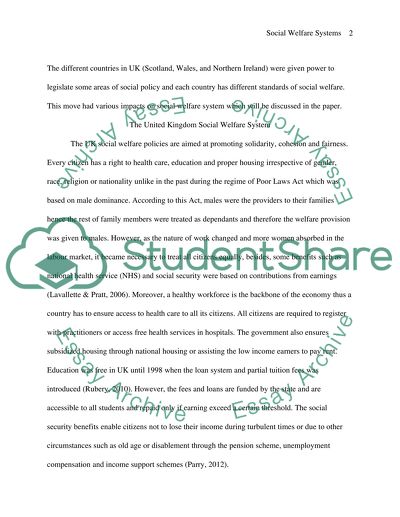Cite this document
(“Social Welfare Systems in United Kingdom Assignment”, n.d.)
Retrieved from https://studentshare.org/sociology/1394553-social-welfare-systems-in-united-kingdom
Retrieved from https://studentshare.org/sociology/1394553-social-welfare-systems-in-united-kingdom
(Social Welfare Systems in United Kingdom Assignment)
https://studentshare.org/sociology/1394553-social-welfare-systems-in-united-kingdom.
https://studentshare.org/sociology/1394553-social-welfare-systems-in-united-kingdom.
“Social Welfare Systems in United Kingdom Assignment”, n.d. https://studentshare.org/sociology/1394553-social-welfare-systems-in-united-kingdom.


